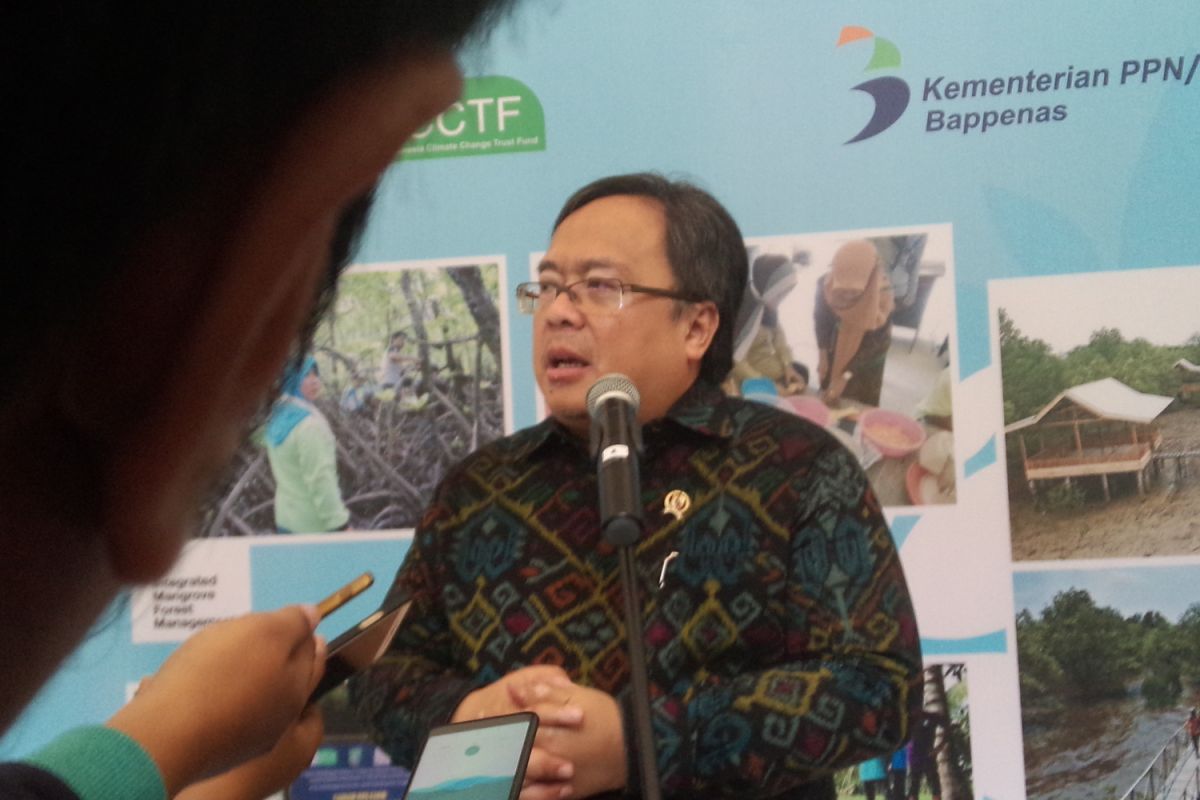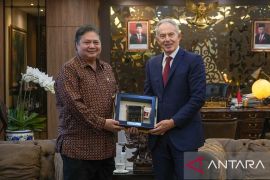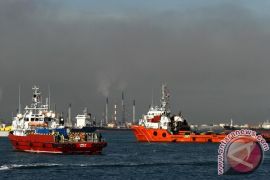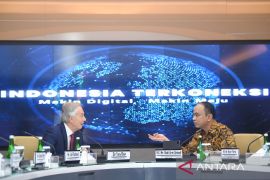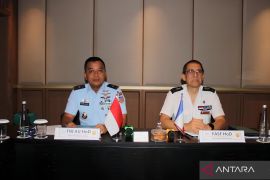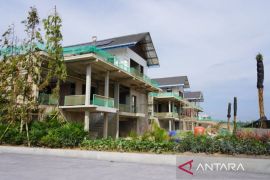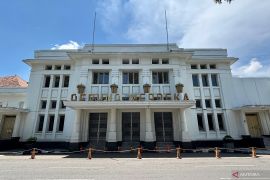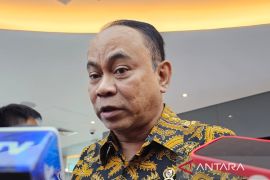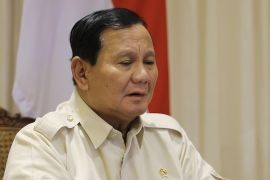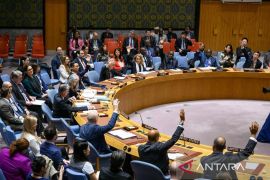The objective of issuing the blue bonds, which are similar to environment-oriented debentures called green bonds, is to achieve sustainable marine development in the country, National Development Planning Minister/Bappenas Chief Bambang Brodjonegoro said on Monday.
"The blue bonds are similar to green bonds. While green bonds are fully oriented to the environment, the blue bonds are related to marine or fisheries conservation efforts. We will try to formulate the blue bonds next year. Hopefully, the bonds could be issued in 2020 at the latest," he stated in his keynote address to a national workshop: sustainable marine development in Indonesia.
Global investors are increasingly aware of environmental conservation and sustainable development goals (SDGs). They allocate certain percentage of their companies` operating funds to buy bonds and use gains from the bonds for environmental conservation projects, he noted.
In other words, the potential funds that will be obtained from blue bonds are large. The more the investors buy the blue bonds, the lower the yield the government will pay them, he revealed.
"The blue bonds will benefit the state issuing them, and the state is committed to using the gains for marine-related projects. So the time has come for Indonesia to issue blue bonds," he remarked.
Bappenas itself is formulating a roadmap for sustainable marine development related to SDGs goal 14, namely conserving and utilizing marine resources and ocean for sustainable development, he explained.
The agency will formulate a roadmap for responsible fisheries, a roadmap for ocean researches, and funding scheme to support the attainment of SGDs 14, he added.
To achieve the SDGs 14, a great deal of fund will be needed. Right now, public fund for conservation efforts at central and regional levels, including fund support from non-governmental organization, only makes up 20 percent of the fund needs.
"Looking ahead, we must find innovative and creative funding models. Learning from various countries and funding models, we must strive for financing mechanism involving private parties, philanthropists, and investors. Various financing schemes, such as sharia-compliant bonds (sukuk), can be used to encourage marine and fishery development. Only by doing so could we overcome funding constraints," he pointed out.
Reporting by Citor Atmoko
Editing by Suharto, Bustanuddin
Reporter: antara
Editor: Heru Purwanto
Copyright © ANTARA 2018
